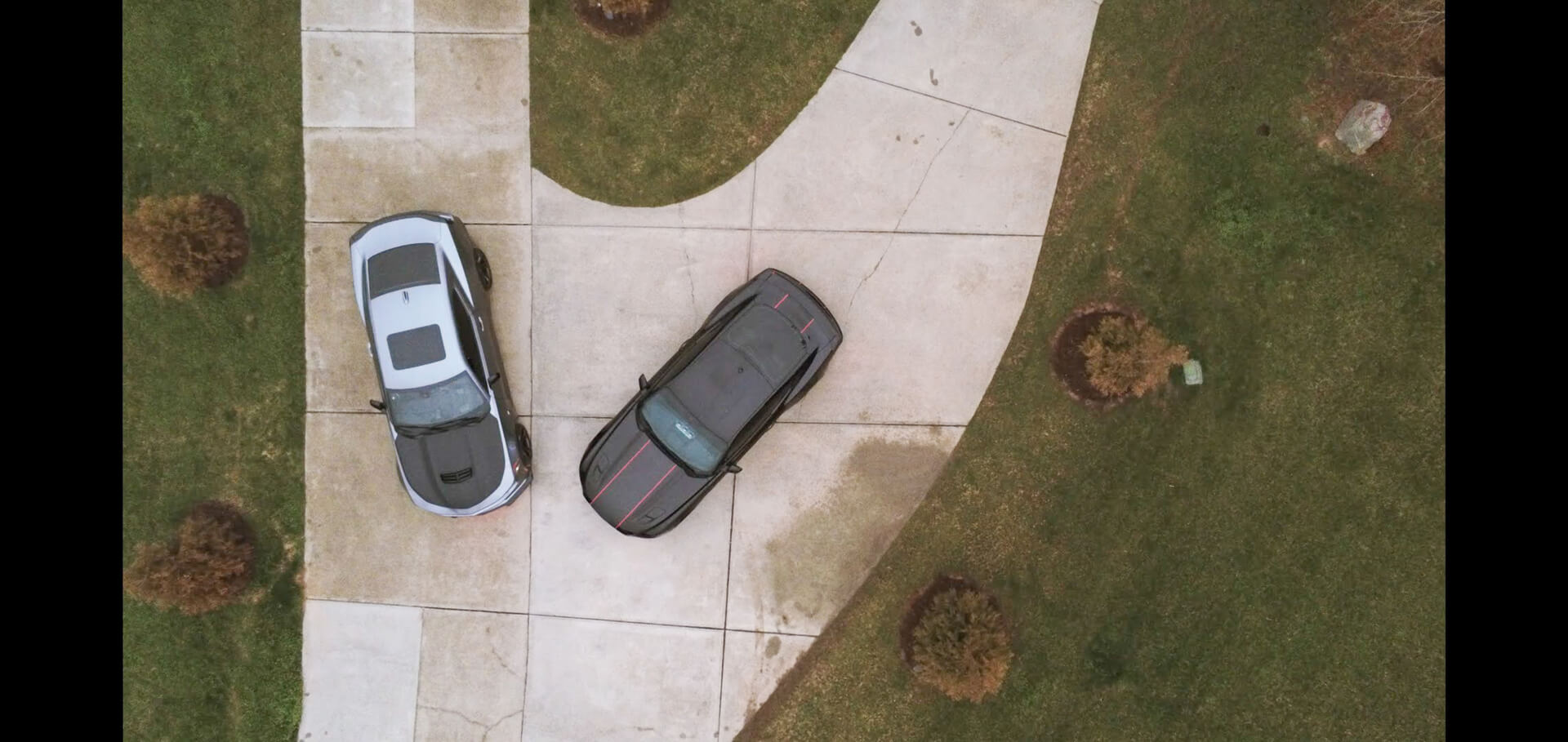
Why Insurance Might Not Cover Damage from Your Own Driveway

by Erin Anderson
It might seem like the safest place your car can be — parked right at home, just steps from your front door. But accidents can (and do) happen in driveways more often than you’d think — and they can lead to a frustrating surprise: your insurance might not cover the damage.
Whether you backed into your own garage, a tree branch fell, or your teenager scraped the side mirror while parking, coverage isn’t always guaranteed just because it happened on your property.
Here’s what you need to know to avoid a driveway disaster turning into an out-of-pocket expense.
Accidents at Home Still Count as “At-Fault”
Let’s say you accidentally back into your garage door or clip the side of your house. Even though it happened on your own property, your auto insurance still sees this as a collision — and it’s treated just like any other accident.
That means:
- You’ll need collision coverage to file a claim.
- You’ll likely be responsible for your deductible.
- It could affect your premium moving forward.
Being on your own property doesn’t make it “free” — if you're at fault, you're still responsible.
Homeowners Insurance Doesn’t Cover Your Car
Another common misunderstanding? Thinking your homeowners policy will pick up the tab. It won’t.
Your home insurance might help if your garage door gets damaged, or if a tree on your property falls and hits your car — but it won’t cover the car itself. For that, you’ll need comprehensive coverage on your auto policy.
So if your car is damaged by a storm, fire, or falling object in your driveway, it’s your auto insurance (not your homeowners) that needs to step in — but only if the right coverage is in place.
Lending Your Car to Someone? Read the Fine Print
If someone else damages your car while using it in your driveway — say, a visiting friend or a family member not listed on your policy — things get tricky.
Depending on your insurer and your policy details, you may not be covered if the driver isn’t explicitly approved. That could mean a denied claim, even if the accident happened on your property.
Always check your policy’s “permissive use” rules, especially if you lend your car often.
When It Is Covered — and What You’ll Pay
Here are a few situations where you’re likely covered, as long as you have the right type of insurance:
- You hit your garage wall: Collision coverage
- A tree falls on your parked car: Comprehensive coverage
- A hit-and-run in your driveway: Uninsured motorist or comprehensive, depending on your state
Just keep in mind that even when you’re covered, your deductible still applies — and a claim could affect your rates at renewal.
The Bottom Line
Just because an accident happens in your own driveway doesn’t mean your insurance will automatically cover it. Without the right type of coverage — especially collision and comprehensive — you could be stuck footing the bill.
If a “safe spot” like your driveway can surprise you, it’s worth double-checking that your current policy covers more than just what happens on the road. Comparing quotes or reviewing your coverage now could help you avoid a costly (and frustrating) surprise later — without overpaying for peace of mind.